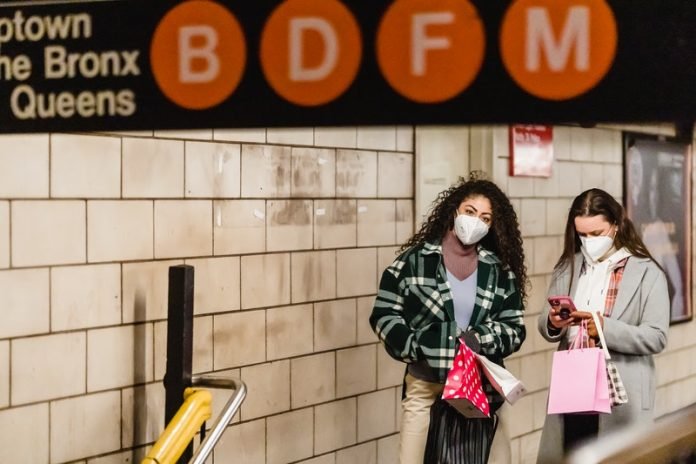
Throughout the country, states are opening up and lifting COVID-19 restrictions that have been in place for more than a year at a time when only about a third of Americans have been fully vaccinated and less than a half have received at least one dose.
Perry N. Halkitis, dean of the Rutgers School of Public Health, discusses how to interpret new guidelines, what to expect in the coming months, and if this is an indication that life is returning to normal.
What do we know about vaccine efficacy?
It’s clear from studies done in Israel and data collected in the United States that show decreased cases and hospitalizations that the vaccines do provide a high level of protection for those who are vaccinated.
While we still might become infected with the virus again, it will never advance to a complex disease.
The antibodies we develop will prevent the virus from getting high enough in our bodies to allow it to be easily transmitted to others. The vaccine benefits us and the people around us.
When should we wear a mask?
You do not need to mask while in you’re home with your family if they are vaccinated, when you’re outside, such as walking on the beach or on a street quickly passing people.
It’s all about assessing a situation and judging for yourself. I tend to wear a mask in public places, but if I were out walking alone, I do not wear a mask.
I continue to wear my mask at the gym, supermarket or in any place where I do not know the people.
It’s important to remember that there are people who are at risk like children who cannot be vaccinated or people with conditions that do not allow vaccination. As a commitment to them and their health, wear a mask.
What do the next several months look like?
We will continue to have a pandemic for the foreseeable future. We have this idea of herd immunity, but we don’t know exactly what that proportion is needed for COVID-19 and that percentage has to be worldwide.
I foresee regulations being lifted from now until the end of the year and continued restrictions in travel to certain parts of the world. I see outbreaks potentially happening like they do with HIV.
All you need to do is introduce one infection into the pool and you have a wild infection. I also think the winter holiday season should look a little bit more normal.
Will we need more vaccinations?
Thankfully, it looks like the vaccines are working for most of the variants. However, unless we get the virus under control, a variant might emerge that will not be controlled by the vaccines. In that case, we may need a booster or an annual vaccination.
The richest countries need to come together to provide vaccines for those that need it the most. We are in a global society. People travel and viruses like this will continue to exist.
We live in a civil society and by doing so agree to be part of a civil compact. If you are among the group who does not want to be vaccinated, I think you give up certain rights. For example, you might need to have the vaccine to return to school.
What challenges do you see continuing in mental health?
I see re-traumatization. Marginalized populations — people of color, women, sexual gender minorities — are being re-traumatized, which can manifest in conditions like depression and substance use.
As a nation, we need collective therapy. We did an analysis of LGBTQ+ people in the first quarter of the pandemic and the rates of drug abuse were unbelievable.
We need to focus on mental health as part of health, providing resources that are accessible to people so they can enhance their well-being.
If you care about COVID-19, please read studies about this depression drug may protect you from severe COVID-19 and findings of this common drug could cut COVID-19 death risk by nearly 50%.
For more information about COVID-19 prevention and treatment, please see recent studies about COVID-19 infection may cause this health problem in men and results showing that these people are key to spreading COVID-19.



